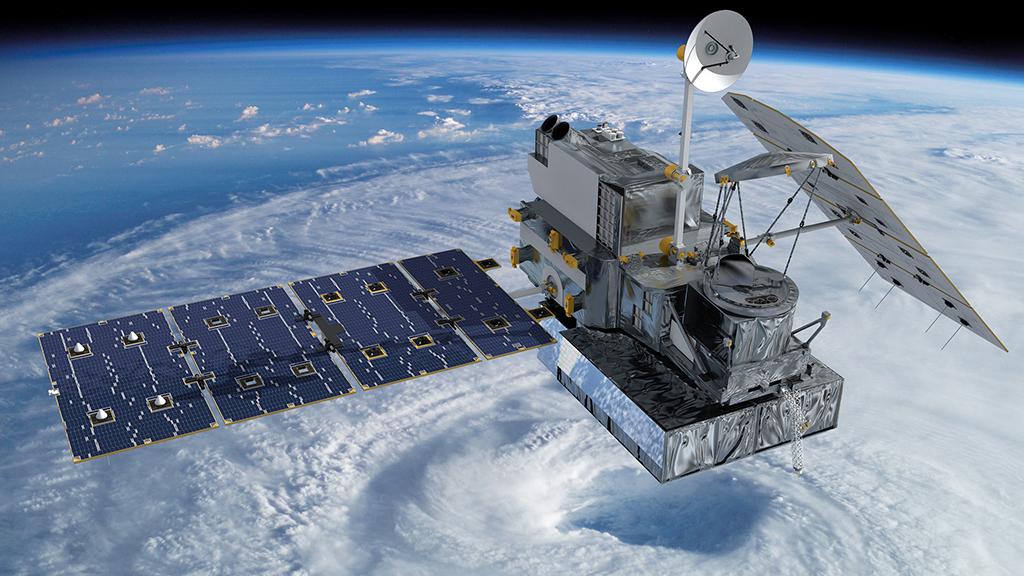Solving Grand Challenges With Aerospace Technology


What is the scope and charter of AIAA?
AIAA has the capability to convene the talent across all pertinent industry, government, private institutions and stakeholders, to address global issues concerning the health of our planet.
The “astronautics” portion of AIAA looks down on Earth to monitor the planet’s health, and into space to understand threats and discover potential solutions.
The “aeronautics” portion of AIAA addresses implementing solutions—in this case aimed at reducing and eliminating carbon emissions from aircraft.
So what do you consider the most pressing problem?
If you look at what is happening now – the increased severity of hurricanes and wildfires, the abnormal global changes in temperature and precipitation patterns, for example – it is clear we’re getting to the place where we have to urgently, and proactively, develop counter measures before it is too late.
Climate science tells us we are approaching a tipping point sometime in the near future – a point where damage to the planet cannot be reversed. We have a small amount of time, we don’t know how much.
That is an unimaginable challenge—how is AIAA approaching it?
We are engaging and coordinating with the aerospace sector, including national and international stakeholders – those who establish the policies and allocate the public and private sector investment funding to enable the application of aerospace technology to eliminate this existential threat.
We’ll be gathering many of these great minds next at the 2023 AIAA SciTech Forum in National Harbor, Maryland, 23–27 January 2023. We are anticipating over 5,000 people from across the aerospace community to attend. We welcome those interested in joining the discussion on this grand challenge and others.
What are the key areas of action?
Two primary areas – sustainability strategies and skilled workforce development are the fundamental strategies of AIAA and the aerospace industry's attack on climate change. The objectives are generally:
- Decarbonizing aircraft with sustainable fuel
- Developing digital (artificial intelligence or AI) solutions to streamline Air Traffic Control
- Developing new lighter, stronger materials for vehicle structures
- Accelerating development of electric urban and short haul air mobility systems
- Furthering our knowledge of earth’s climate response with knowledge gained from exploring other planets in the solar system
- Developing programs to attract and channel today’s young people (and subsequent generations) to pursue technical and STEM education
- Recruiting, training and expanding the STEM workforce with more craftspeople, engineers, scientists, communications professionals, attorneys, accountants, program and business managers. We are doing this by scaling programs up and reaching into the communities that are not typically included.
We need to take these key steps to understand the overall impact and efforts that need to be accomplished so we can continue to grow our global economies, while at the same time protecting planet Earth.
So where are we now and where do we go?
AIAA has established task forces focused on decarbonizing aircraft, developing autonomous electric aircraft for pollution- free urban air mobility; advancing digital engineering for operational AI and machine learning. The AIAA Foundation is addressing and promoting STEM education to develop the next generation of scientists, engineers and technicians to develop solutions for the challenges we face.
These task forces are meeting regularly. Their work will contribute to the agenda at the 2023 AIAA SciTech Forum, to ensure this important work moves forward at the pace of innovation.
Visit the 2023 AIAA SciTech Forum website: aiaa.org/SciTech for more information and a schedule of panels and technical sessions on these topics.




